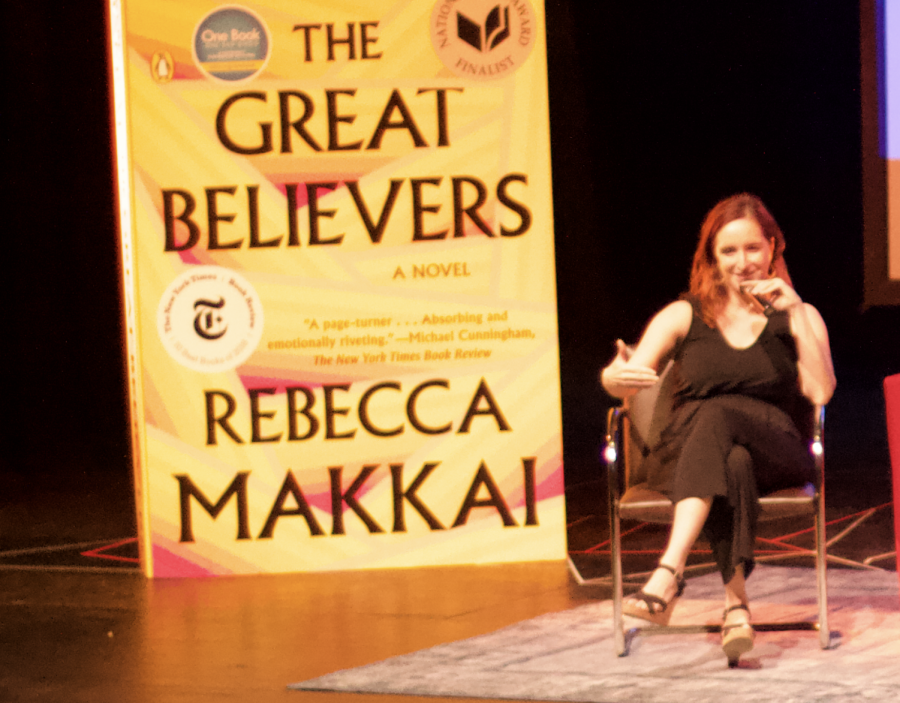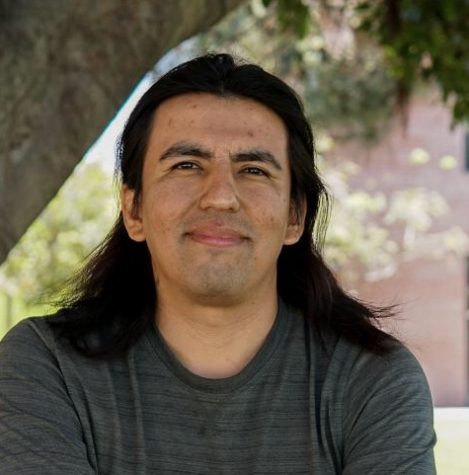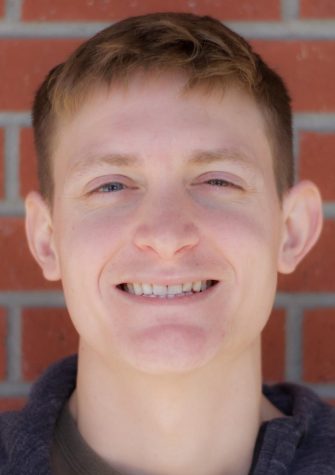Award winning author makes appearance at City College
Rebecca Makkai discussed her novel “The Great Believers” and spoke to aspiring writers.
Author Rebecca Makkai visited City College to talk about her new book. Photo by Sonny Garibay
September 19, 2019
When Rebecca Makkai set out to write the novel that would become “The Great Believers,” she originally wanted to tell a different story.
Makkai envisioned the adventures of an artist-model living in Paris, who in the later years of her life sets out to prove the authenticity of a portrait that she is the subject of.
That novel may have been written had her husband not pointed out the similarities between her idea and the plot of the movie “Titanic.”
“That was a bummer,” Makkai said to the audience of students and community members at Saville Theater on Wednesday.
She would instead write a story that chronicled the AIDS crisis through a story of friendship and redemption in the face of fear.
While much of the final draft would still take place in Paris, Makkai was compelled to include her hometown, Chicago, after she discovered the lack of written history about America’s third most populous city during the crisis.
“I would encourage people to find out the history of their own city … in regards to the AIDS epidemic,” she said after the event. “So often you only hear the story of a couple of cities and San Diego isn’t one of those and I know there’s a story here. It’s vitally important. It’s recent history and no one may have done it yet.”
The event, hosted by KPBS as part of their “One Book, One San Diego” series, focuses on bringing the community together through the, “…shared experience of reading and discussing the same book.”
After discussing her novel, the floor was opened to questions and aspiring writers used the opportunity to ask Makkai about the process behind “The Great Believers.”
“I was really scared of getting it wrong,” Makkai said about the task of writing an LGBTQ focused book set in the mid 1980s as a straight woman who was just a child at the time.
In preparation for the book, she extensively interviewed members of the LGBTQ community who lived through the epidemic.
“I think those are really important conversations for us to be having,” she said. “ What stories belong to whom? What is our responsibility in telling a story? Those conversations helped me to make this a much better book.”
Ultimately, Makkai didn’t overthink things and focused on unifying themes.
“One thing that can go wrong is when people try too hard,” Makkai said. “If you fundamentally write human characters, (you find) people are more alike than they are unalike.”












